Folk origins
Chau Van, also known as Hat Van or Hat Bong, is a folk art form associated with the Hau Dong ritual in the worship of Tam Phu - Tu Phu of the Vietnamese people. From the 16th - 17th centuries, Chau Van appeared and gradually took shape in the community of residents in the plains and midlands of the North. However, in Phu Tho, especially in Tay Thien area (Dai Dinh commune, Tam Dao district, former Vinh Phuc province), Chau Van art has a special role and position, because this place is considered one of the largest and most sacred centers of the Mother Goddess worship in the North.
Tay Thien Festival is the time when Hau Dong - Chau Van singing programs take place most vibrantly in the year to meet the cultural enjoyment needs of a large number of tourists.
Tay Thien National Mother Temple – the place to worship National Mother Lang Thi Tieu, wife of the 7th Hung Chieu King – is a sacred space that has nurtured the art of Chau Van for centuries. In that space, Chau Van is both a form of performance and ceremonial music serving the rituals of Hau Dong – a typical ritual of the Mother Goddess religion.
Historically, Chau Van has developed strongly in provinces such as Nam Dinh , Ha Nam, Hung Yen (old)... but in the old Vinh Phuc, now Phu Tho, Chau Van has its own unique color associated with the worship of Mother Tay Thien. With the space of sacred forests and deep mountains and the system of ancient temples, the annual Tay Thien festival is an opportunity for artisans, mediums and religious communities to perform Chau Van, creating performances that are both solemn and full of cultural colors.
Since the early years of the 21st century, when the Mother Goddess worship belief was gradually recognized for its true value and recognized by UNESCO as an Intangible Cultural Heritage of Humanity (in 2016), the art of Chau Van has revived and developed strongly with many Hat Van clubs established. Elderly artisans have become dedicated teachers to the younger generation. The image of Chau Van singing with the sound of the Nguyet lute, bustling drums, and smooth voices resounding in the temple yard has become a familiar activity during local festivals.
Potential and challenges
Despite its solid foundation and long tradition, the art of Chau Van in our province is still facing many difficulties. First of all, there is the risk of extinction due to the lack of new generations of artists, and the performance environment is shrinking as traditional ritual spaces are gradually commercialized or transformed.
Second, the misunderstanding of Chau Van and Hau Dong among a segment of the population and society is also a significant barrier. Many people associate Chau Van with superstition, causing this art form to not receive proper attention and investment. In fact, Chau Van singing is a comprehensive art form - including music , literature, dance and costumes - with profound humanity, helping people connect with their spiritual roots and national traditions.
However, the bright spot is that recently, local authorities and functional agencies have clearly recognized the value of this type of art. Activities to restore traditional festivals, singing contests, and art programs introducing the Mother Goddess religion - Chau Van are regularly organized. Many artisans have been awarded the titles of "Excellent Artisan" and "People's Artisan", creating great motivation for conservation work.
Wide-ranging socio-cultural benefits
Not only is it a unique cultural heritage, Chau Van also brings practical benefits to community life. It is the traditional educational value when through Chau Van songs, the young generation can access the national historical treasure, legendary characters, and moral values such as loyalty - filial piety - chastity - righteousness.
Chau Van also contributes to preserving local identity and enriching intangible cultural treasures. The performances not only serve spiritual needs but are also a healthy artistic playground, connecting the community and nurturing the humanistic spirit.
A Chau Van performance imbued with folk culture
In particular, Chau Van is opening up a direction for developing cultural and spiritual tourism for the province because with the position of Tay Thien - Tam Dao on the Northern tourism map, the combination of festivals, tourism and Chau Van performances can attract a large number of tourists, create income for the people and develop the local economy.
In order for Chau Van in Phu Tho to continue to develop sustainably, there needs to be a synchronous strategy combining preservation and creation, first of all, building systematic training programs, connecting artisans with schools and cultural centers to teach the younger generation. Digitizing ancient songs and melodies and documenting ritual processes will be the basis for long-term preservation.
In addition, it is necessary to encourage artists to create within the framework of traditional values, such as combining Chau Van with contemporary art (music, theater, cinema), organizing folk culture festivals to bring Chau Van out of the scope of rituals, reaching a wider audience, especially the youth.
The involvement of local authorities is also very important. There should be policies to support artisans, provide funding for clubs, preserve traditional cultural spaces, and link the development of Chau Van art with the province's cultural and spiritual tourism planning.
Chau Van is not only a sacred song, a sacred language connecting people and gods, but also a living heritage of national culture. Preserving and developing Chau Van is not only the responsibility of artisans or the cultural sector, but also a common mission of the whole society. When Chau Van is honored at its true value, it will continue to shine like a sacred lamp in the spiritual and cultural life of the people of the Ancestral Land and the whole country.
Quang Nam
Source: https://baophutho.vn/chau-van--net-van-hoa-dac-sac-phu-tho-237551.htm





![[Photo] Parade blocks pass through Hang Khay-Trang Tien during the preliminary rehearsal](https://vphoto.vietnam.vn/thumb/1200x675/vietnam/resource/IMAGE/2025/8/27/456962fff72d40269327ac1d01426969)
![[Photo] Images of the State-level preliminary rehearsal of the military parade at Ba Dinh Square](https://vphoto.vietnam.vn/thumb/1200x675/vietnam/resource/IMAGE/2025/8/27/807e4479c81f408ca16b916ba381b667)
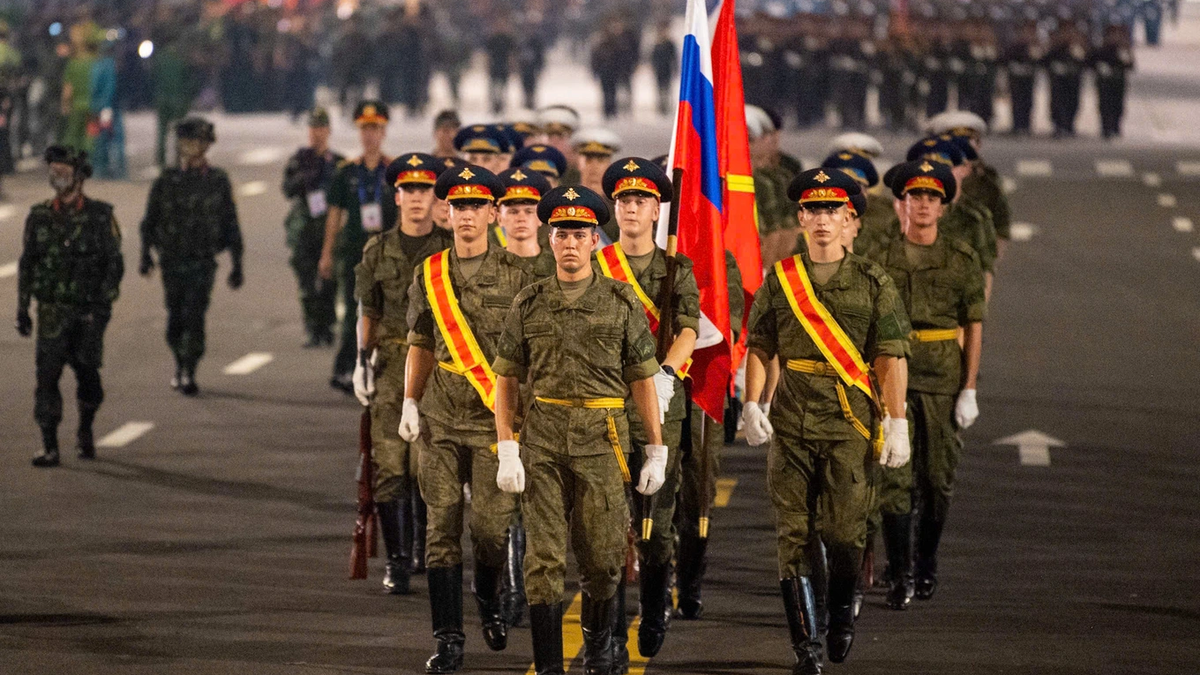

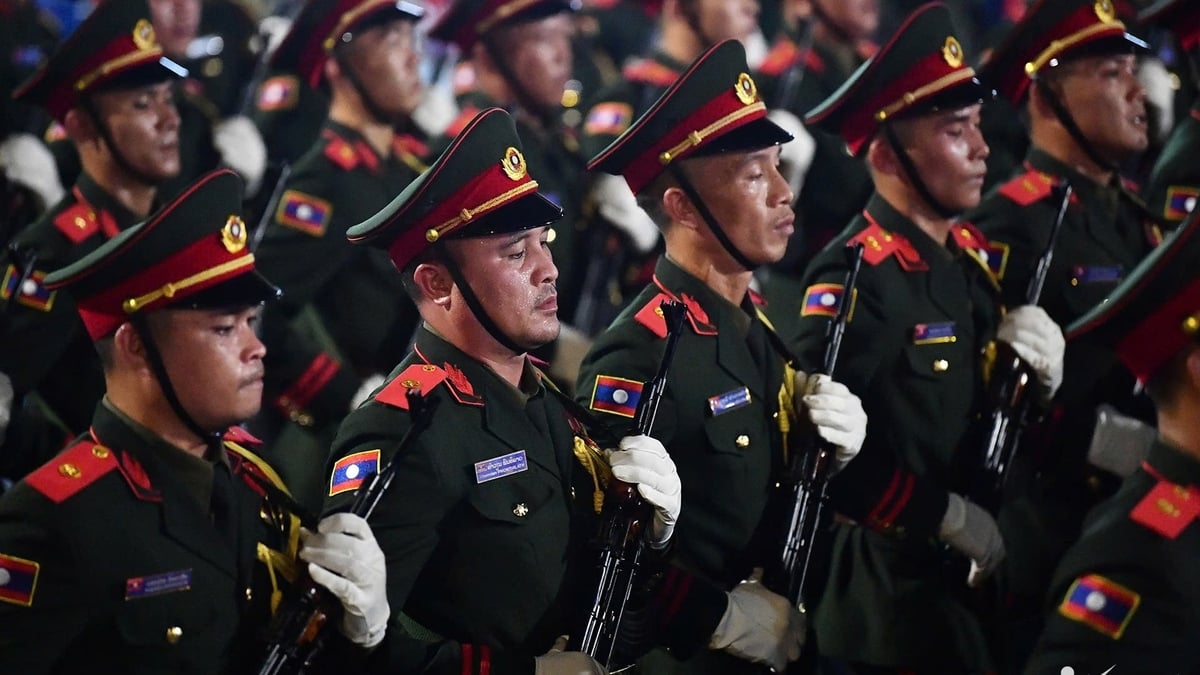



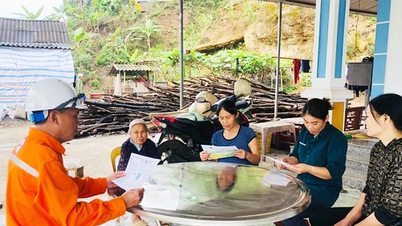
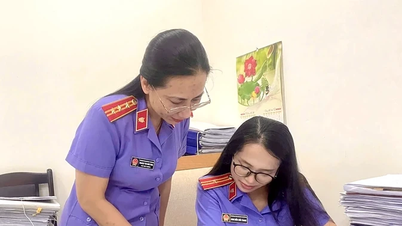
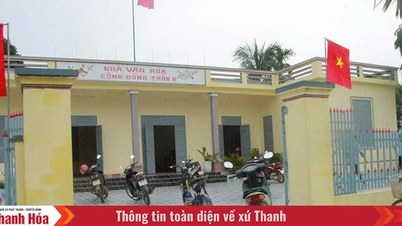

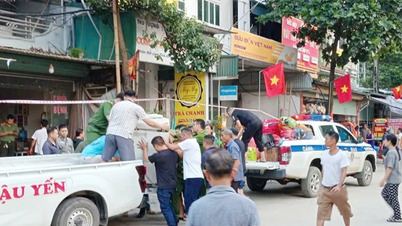
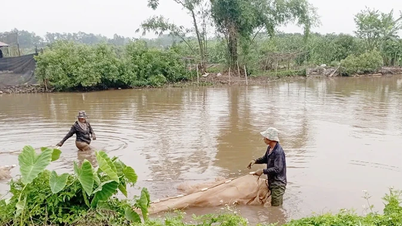
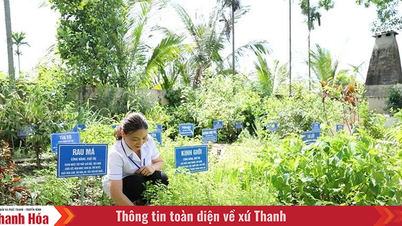


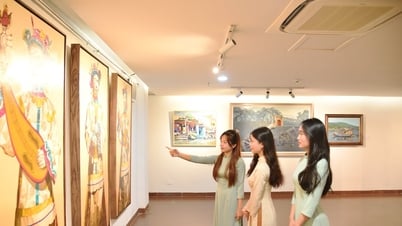


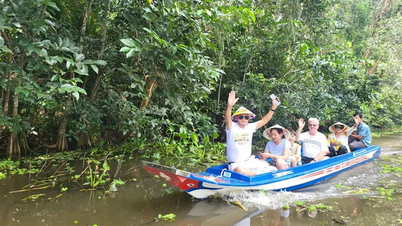







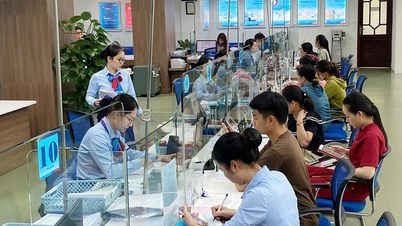
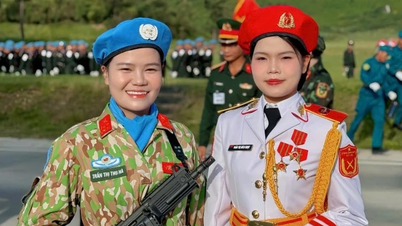

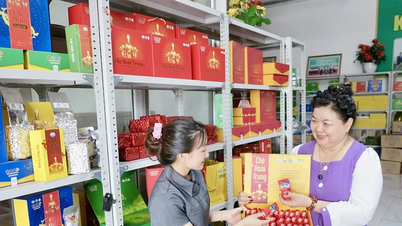

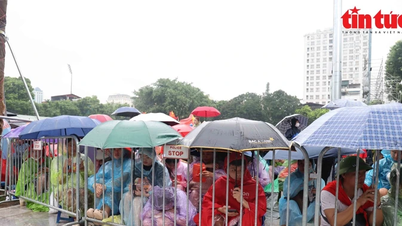

































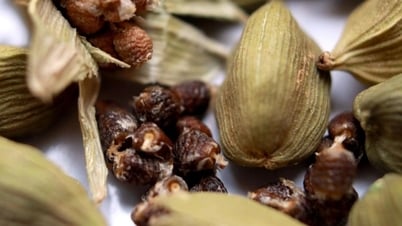
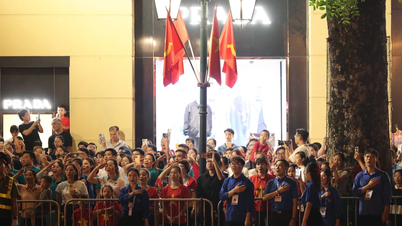

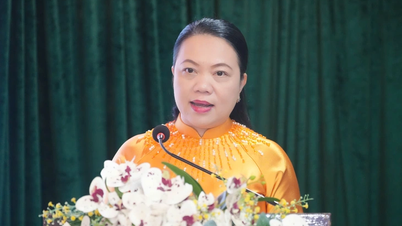
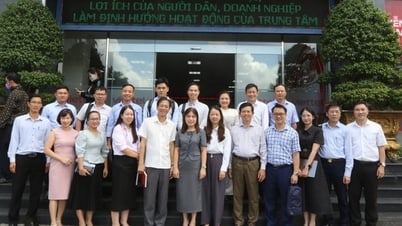






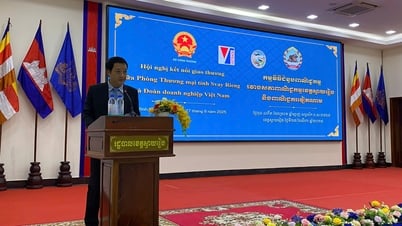






















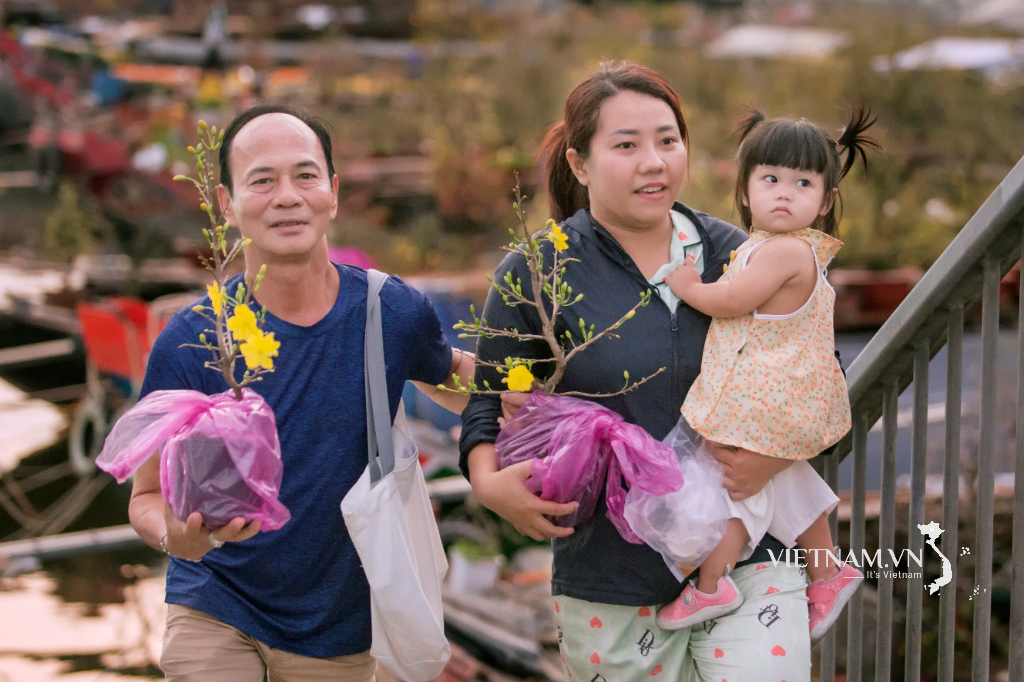

Comment (0)